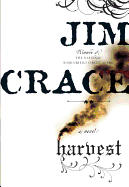Bookish Launchish
 Bookish is liveish.
Bookish is liveish.
The long-delayed consumer-oriented book website, which is currently on its third CEO, made its debut last night. A joint project of Hachette Book Group, Penguin Group and Simon & Schuster, the site promotes books from nearly 20 publishers and aims to improve book discovery by readers and to sell books.
Bookish features publicity material from publishers; its own editorial material about books, authors and reading; and a recommendation section. Bookish reportedly has a database of more than one million titles and includes some 400,000 author profile pages. The site emphasizes that it is "editorially independent." There are 18 "genre pages," as well book lists and other book-related articles. Users apparently can add reviews.
Highlighted inaugural editorial material includes a joint interview with authors Michael Connelly and Michael Koryta; an essay by Elizabeth Gilbert in which she "takes on" Philip Roth for a discouraging comment about writing; an excerpt from Harlan Coben's upcoming thriller, as well as several Onion book reviews. Bookish is also sharing material with USA Today.
It's easy to purchase directly from Bookish (sales fulfillment is courtesy of Baker & Taylor), often at a discount, in a range of formats. An ancillary button allows users to go to "online stores," including IndieBound, Amazon, Barnes & Noble, Books-a-Million, iBookstore and Kobo. Bookish also has an Android app available and one for iPhones on the way.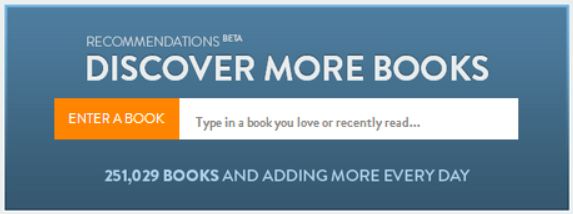



SHELFAWARENESS.1222.S1.BESTADSWEBINAR.gif)


SHELFAWARENESS.1222.T1.BESTADSWEBINAR.gif)
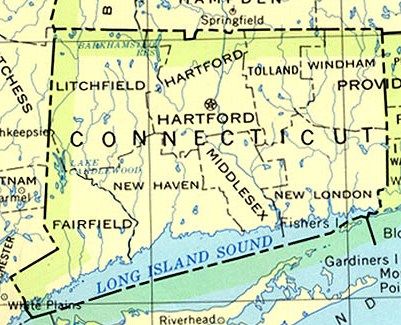 On November 1,
On November 1, 
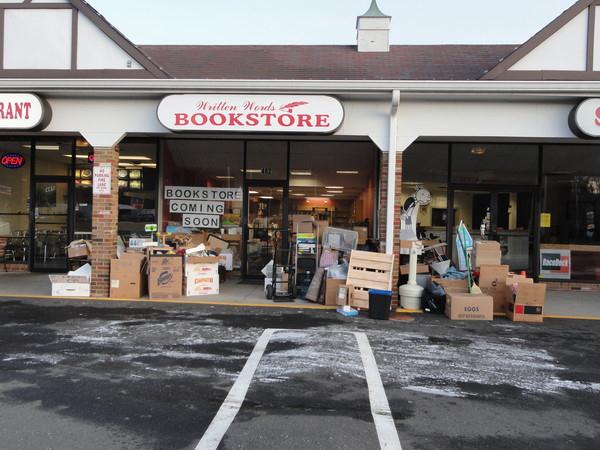
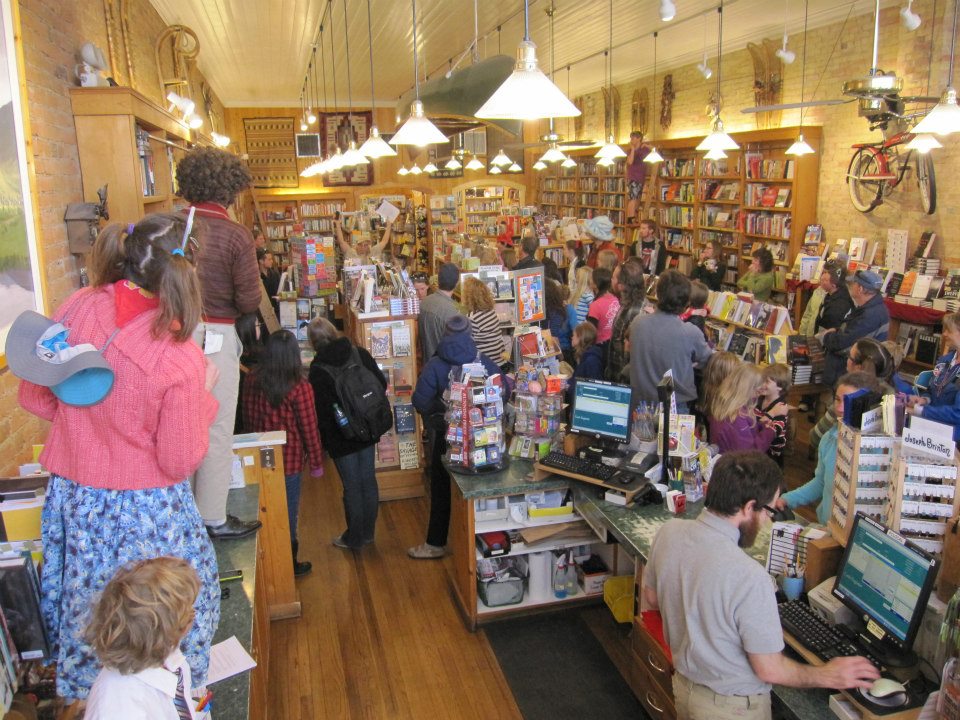
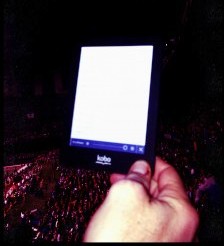
 Steamy Kitchen's Healthy Asian Favorites
Steamy Kitchen's Healthy Asian Favorites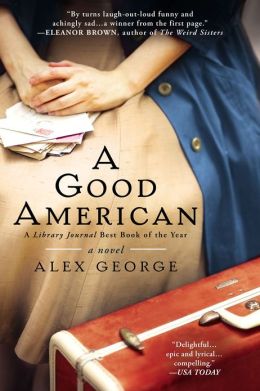 "I have never known any other home but Seattle. Because I've lived here all my life, I've taken a keen interest in stories--real and fictional--about people who leave the only home they've known to put down roots in some foreign and faraway place. This month's pick is an ideal example of just that kind of experience.
"I have never known any other home but Seattle. Because I've lived here all my life, I've taken a keen interest in stories--real and fictional--about people who leave the only home they've known to put down roots in some foreign and faraway place. This month's pick is an ideal example of just that kind of experience.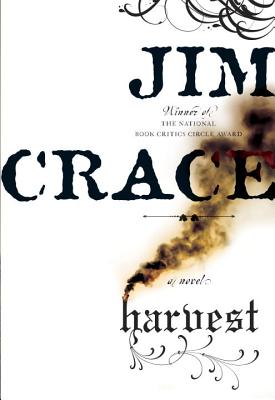 It's one thing to imagine a world outside our own time and place--movies, video games, even comic books do it quite well. It is much more difficult to create such a world effectively with nothing but words on paper. Jim Crace has successfully pulled this off in almost a dozen diverse novels infused with rich language and character particular to whatever story he is telling, whether it takes place in a Bronze Age village or on an imaginary new continent. In Harvest, Crace is working at the top of his craft as he shows us a traditional English tenant farm unraveling under the changes of a new landlord and the economic challenges of a cash economy.
It's one thing to imagine a world outside our own time and place--movies, video games, even comic books do it quite well. It is much more difficult to create such a world effectively with nothing but words on paper. Jim Crace has successfully pulled this off in almost a dozen diverse novels infused with rich language and character particular to whatever story he is telling, whether it takes place in a Bronze Age village or on an imaginary new continent. In Harvest, Crace is working at the top of his craft as he shows us a traditional English tenant farm unraveling under the changes of a new landlord and the economic challenges of a cash economy.